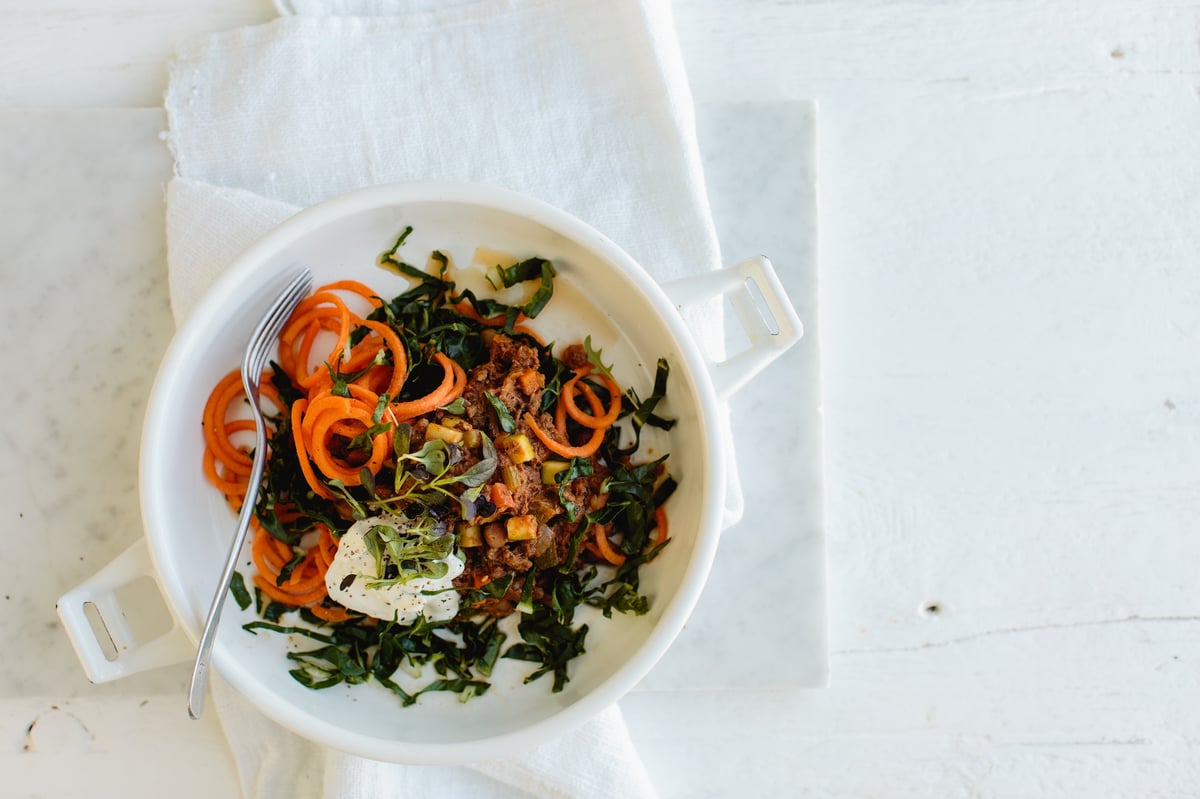

This can result in excessive hunger and cravings for starchy or sweet foods. When we don’t get enough protein, and instead base our meals around starchy carbohydrates, it can lead to blood sugar fluctuations. “Things like Bran Flakes and Ryvita simply don’t fill you up and satisfy you in the same way protein does.” Weighing out food is just a miserable existence,” says Pearson.

While it’s important to be conscious of how much we’re eating, where those calories are coming from is arguably more important.
BEFIT FOOD FULL
Having a kitchen full of Bran Flakes, Ryvita and low-fat Philadelphia, and an obsession with calorie intake, is a mistake Pearson still sees people making. “It’s about finding ways to take time out and reward ourselves that don’t involve wine or cake.”įixing that dynamic of replenishing energy through food might mean asking for help, feeling supported and receiving energy from other people. She helps clients find other things they might enjoy: reading a magazine, having a hot drink and a bath or going for a massage. I really believe that relying on willpower is only going to work in the short term,” says Pearson. “I don’t want to make people’s lives a misery. She encourages them to examine how they are using food other than for nutritional and energy requirements and then ask, if food and drink are a reward, is there a better way of achieving the same lift? Working with clients to create awareness around this sort of habit is a large part of what Pearson does. Many of us were rewarded with food as children, setting up this habit early in life.” “Giving a lot of yourself – whether to work, family or just life in general – can leave you feeling deserving of a reward. “It’s this idea of ‘Right, it’s my time now,’” says Pearson. The consequences are that women can become depleted and then use food – or wine – to “top up the tank”.Īfter a hectic day, juggling children and work, the temptation is to slump on the sofa with a glass of wine. “Women often give a lot of themselves to others – to work, to children – whereas men can be better at setting boundaries,” she says. Rewarding behaviour is a habit that Pearson sees particularly in her female clients. Pearson says, “It’s easy to use as you can scan barcodes for a breakdown of the nutritional value.” Using food as a reward Using an app like MyFitnessPal can help you keep track of what you’re eating. “Whereas if it’s a chunk of cake with 10 teaspoons of sugar in it, it’s not a great idea to have one of those every day.” “If it’s a couple of squares of 75 per cent dark chocolate after dinner, most people can have that most days and be absolutely fine,” she says. She defines “occasional” as a couple of times a week, though it depends on the individual and what it is. Is it a reward, habit, 3pm office boredom?

Pearson encourages her clients to dial into what is driving their desire for a treat. But too many treats causes our blood sugar levels to spike, and long-term elevation of blood sugar levels can lead to type 2 diabetes. We’re designed to get pleasure from food, as back in hunter-gatherer times we were motivated to seek food out when it was scarce. For example, it’s not uncommon for our clients to discover that their ‘occasional’ Pret croissant is being eaten on more days than it isn’t.” “When people write down everything they actually eat, they often find that habits they thought were occasional are happening a lot more than they were aware of. “This can be an enlightening experience,” she says. It’s easy to think it’s just an occasional treat, but often they aren’t actually that occasional.īefore coming to Pearson’s clinics for their initial consultation, she asks clients to complete a questionnaire that includes a five-day food diary. Thinking you’re having ‘occasional’ treats Here are the seven food habits she helps people to break. “These habits are sabotaging them by stopping them getting to a weight they want and maintaining it,” she says. Her job is to make them realise the consequences of certain eating patterns. The reasons may be out of their control – issues such as an underactive thyroid or the menopause.įrequently, though, it is the psychological side of people’s relationship with food and eating that Pearson pinpoints as the problem.

Identifying the underlying cause of being overweight is Pearson’s first objective. “This is not just about what people look like it’s about the long-term implications on their health.” “I see educated, intelligent people who are really struggling with their weight,” says Pearson, a Harley Street-based nutritionist, whose clinic specialises in weight loss. But it remains the primary reason clients seek nutritionist Kim Pearson’s help. Body positivity has helped a younger generation to reject the idea of weight loss.


 0 kommentar(er)
0 kommentar(er)
